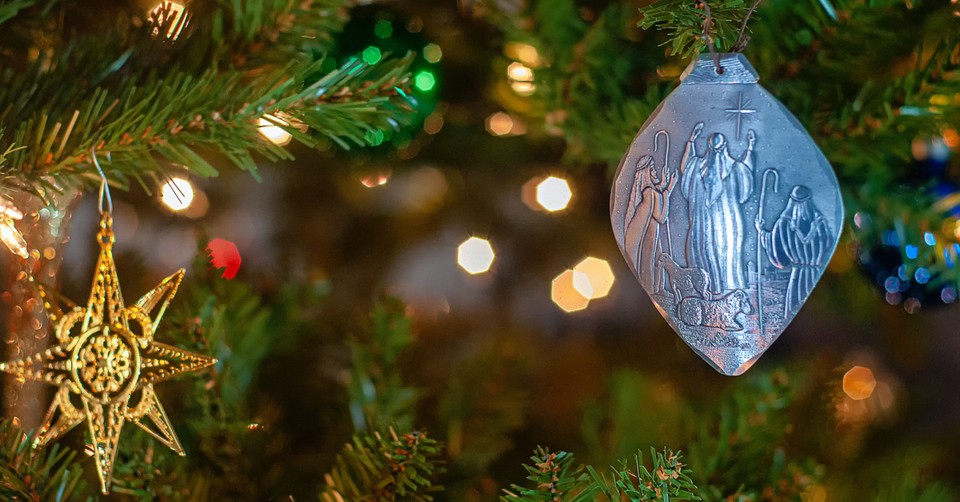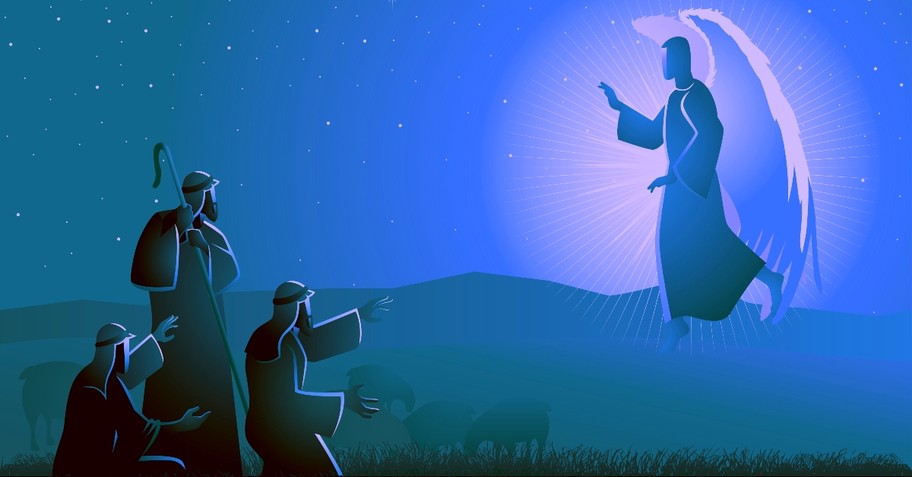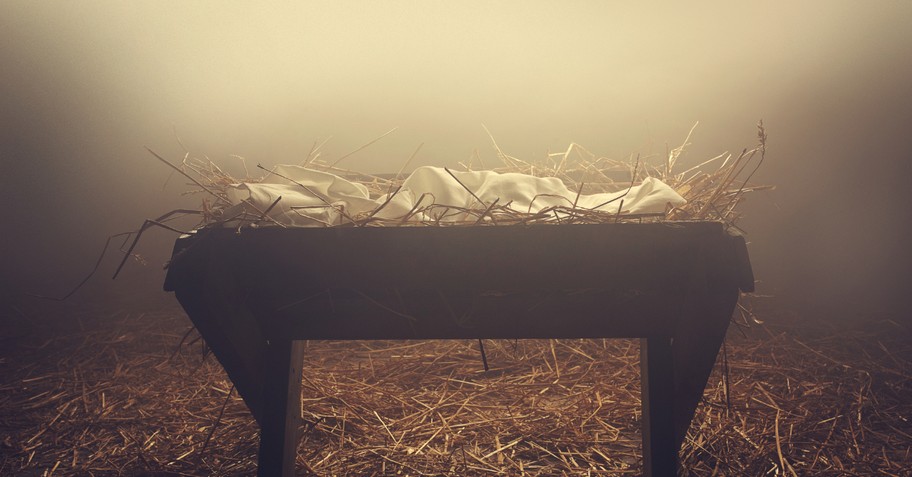I find it ironic that so much chaos and interruption surrounded the birth of the Prince of Peace. Zachariah, Elizabeth, Mary, Joseph, shepherds, and Magi from the East were all minding their own business when angels show up (frightful beings, really) and give strange messages or a heavenly rock concert; perhaps an odd, unexpected celestial event shakes the educated world.
The world might have been rolling along, but it wasn’t at peace. If a group of people were rushing off a cliff to their deaths, wouldn’t we have to interrupt them to save them? Perhaps God’s inconvenient methods weren’t so ironic after all. God interrupts lives to save them, to invite people from their story of death into his redemptive story – Abraham, David, others down the line.
If birth occurs naturally, then no one can schedule that moment. It happens when it happens, usually at a most inconvenient time. And yet, because of the life it brings, we rejoice and welcome it. Two lessons here. First, realize that God reserves the right to interrupt us for our own good. Second, if our lives seem stuck and hopeless, God’s ready to interrupt with grace and peace. He’s just around the corner.
2. It Was Loud and Joyous
It wasn’t much of a silent night. The first couple chapters of Luke are like a musical. Mary sings a song. Zechariah prophesies. The skies are split open in the middle of the night shift and angels perform a deafening roar of praise.
God’s peace doesn’t necessarily mean that there is quiet and stillness. In traditional Advent, Joy is the next step after peace. Heavenly peace produces praise and worship, noise. When Psalms says, “Be still and know that I am God,” what is the next line? “And I will be exalted in the earth among the nations.” (Psalm 46:10)
Jesus, the Prince of Peace, was a very active person. The Apostle John tells us that if he had written down all that Jesus did over three years, the world couldn’t contain the books (John 21:25). That’s a lot. Heavenly peace is active and living like the Word of God, it’s just not anxious or fearful (Hebrews 4:12).











